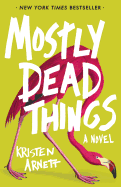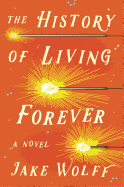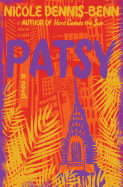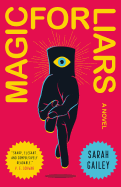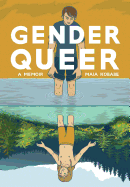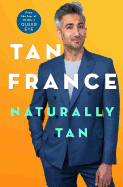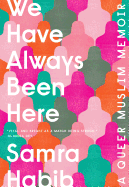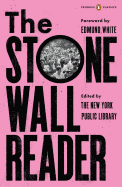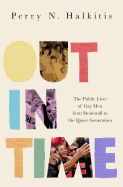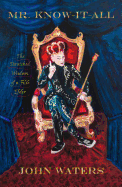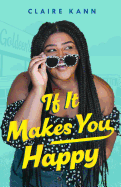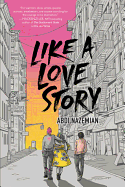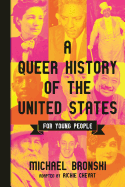YA author Meredith Russo and middle-grade author Lisa Bunker both have new books featuring transgender protagonists. Shelf Awareness asked the two if they would be interested in having a discussion for our Stonewall anniversary issue. Below is their conversation, in which they talk shop, discuss families of choice and share stories about their lives as trans women.
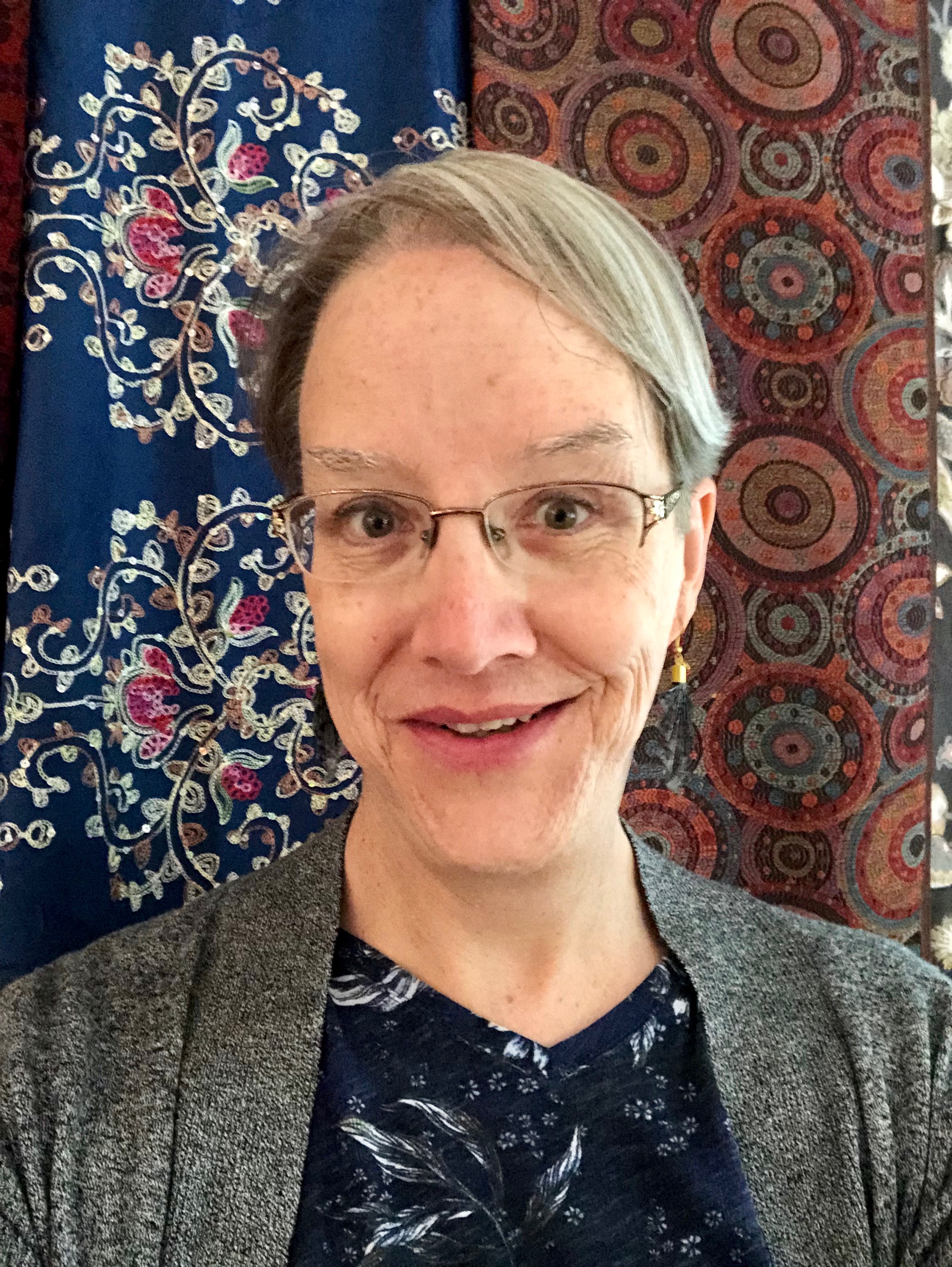 |
| Lisa Bunker |
|
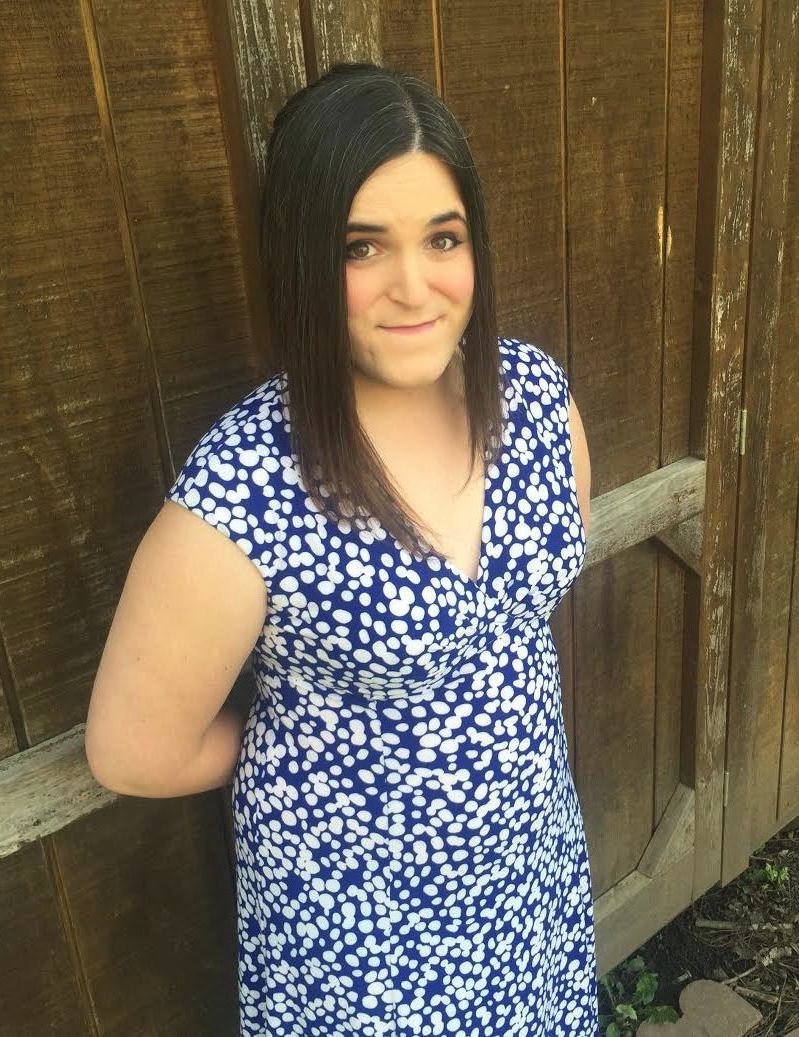 |
| Meredith Russo |
|
Lisa Bunker has written stories all her life. Before becoming a full-time author, she had a 30-year career in noncommercial broadcasting. She now lives in Exeter, N.H., with her wife and her cat. In 2018 she was elected to represent her town in the New Hampshire House of Representatives. She has two grown children. Her sophomore novel, Zenobia July, was recently published by Viking.
Meredith Russo was born, raised and lives in Chattanooga, Tenn. She is a mother to a wonderful four-year-old, a cat with an attitude problem and a few dozen trans people around the globe. Her most recent YA novel, Birthday, about the friendship between two teens, one of whom makes the choice to live as "her true self," is available now from Flatiron Books.
Lisa Bunker: Hi, Meredith! I loved both your books! I'm glad I read them after writing my own, because our work overlaps, and I get awkward when I feel like I'm copying another writer. But there are some real differences, too. One that struck me is that your stories take place in the cis/het culture of the South. I thought you did a great job of depicting that place and culture and people.
Meredith Russo: I've got a complicated relationship with the South and I'll probably leave as soon as I can, but the more liberal parts of the country always leave me feeling... off. I want a world where being LGBT is just another piece of incidental trivia, but I have only ever understood my own identity through the lens of pain and oppression. When I travel, it can be more stressful to let my guard down in progressive places than to soldier through here. Maybe this is depressing, but sometimes I just don't know how to articulate my identity without the attendant pain of surviving this place.
Zenobia July was a treat! What I love the most is that Zenobia herself reflects how eccentric we often are, which cis people seem not to know. Zenobia felt like a reflection of myself and so many of the people I know in her technological precociousness, her barely managed anxiety disorder and in the way she's grappling with trauma without knowing that's what she's doing. I love that she reps this lesser-known aspect of our lives.
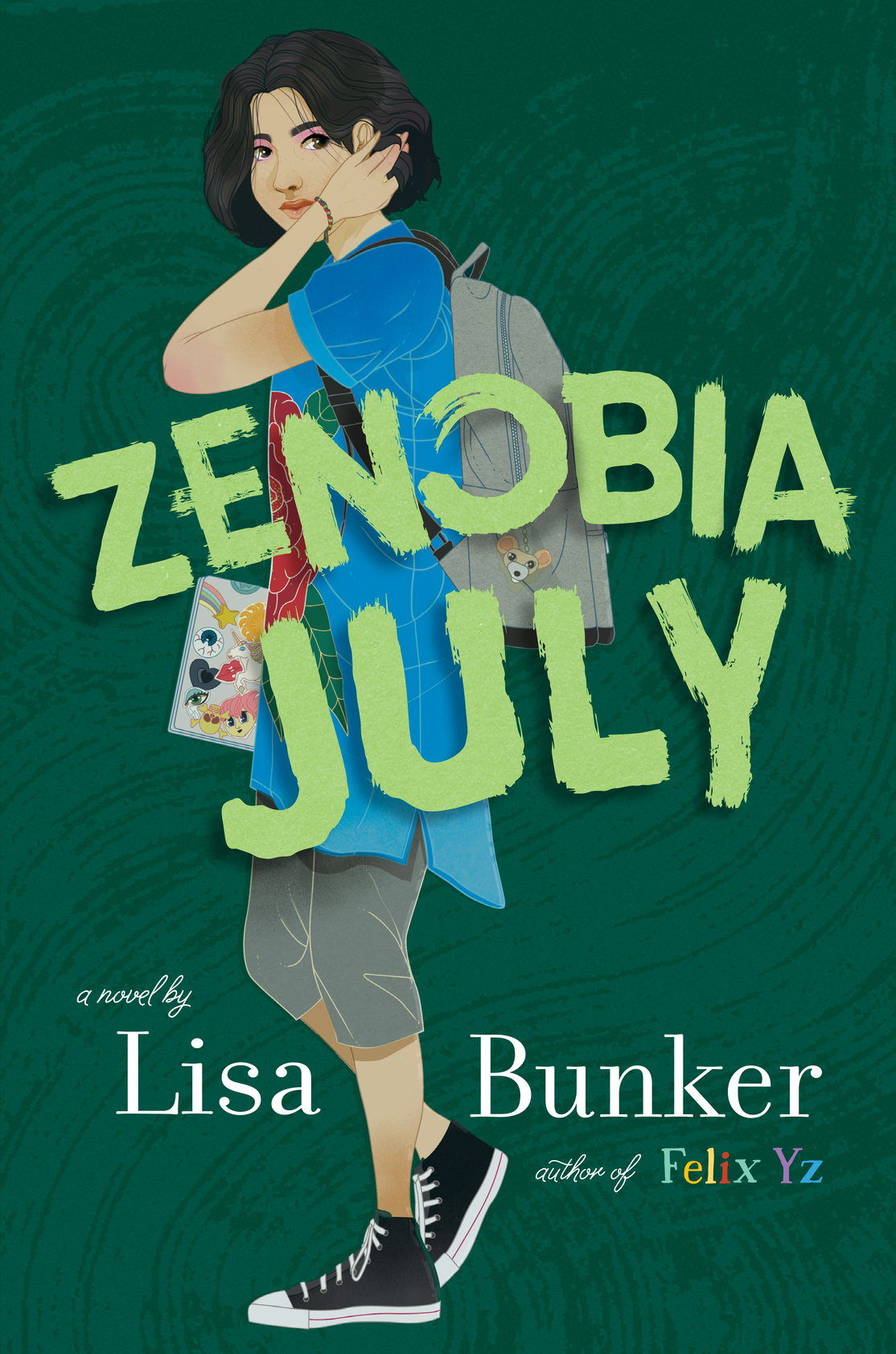 L.B.: Thank you for getting what I was trying to do with Zen's character. In both of my books, the young protagonists are not only queer, they are also the nerdy introverted outsiders who exist on the fringes of conventional school culture.
L.B.: Thank you for getting what I was trying to do with Zen's character. In both of my books, the young protagonists are not only queer, they are also the nerdy introverted outsiders who exist on the fringes of conventional school culture.
Zen is inspired in part by Leelah Alcorn, a trans girl in the Midwest who killed herself in 2014, leaving behind an eloquent suicide note on Tumblr in which she asked the rest of us to make sure her death would mean something. I took that to heart, and story-brain started working on the question, what did Leelah need that she did not have in order to survive her life? The answer I came up with was a second chance with a queer family of choice.
M.R.: I remember Leelah. How could I forget? Lebanon, Ohio, is less than six hours from where I live, and the idea I could have helped her somehow haunted me for a while. I'm glad you're honoring her memory. I had a queer found family for a while, but I can't help associating it with trauma now. Trans woman disposability is real.
L.B.: Your reliance on your oppositional stance toward your current culture intrigues me. It suggests a strength in you that not everyone has. I wonder if you found it challenging to set your stories in mainstream culture. In particular, half of Birthday is first-person narration by Eric, a cis/het boy. What was it like to write him?
M.R.: Most of the love and care I've received in my life have come from thoroughly decent cis/het family and friends, most of them pretty archetypal Appalachians, and by that metric Eric stands out as exemplary. Writing Eric was nice because in a lot of ways he is a representative of all the quietness, gentleness and softness I've found in the good men in my life. He's sort of a love letter to decent straight men all over the world, and I hope that comes off on the page.
L.B.: Humans being humans, families of choice have the same potential for conflict and hurt as families of origin. Same potential for life-saving love, though, so I hope you'll be able to let your guard down again someday. Meanwhile, bless you for depicting cis/het family and friends in such a generous way.
M.R.: Without spoiling Zenobia, it seems you're at least literate in the way hate groups operate online. What was researching and writing that like?
L.B.: Researching online hate was sadly easy. Shields up, a couple of searches, done. I worked harder at creating what I hope is a fair portrait of my fundamentalist Christian characters. I'm determined not to write Villains with a capital V. All my characters are humans, acting for reasons that make sense to them.
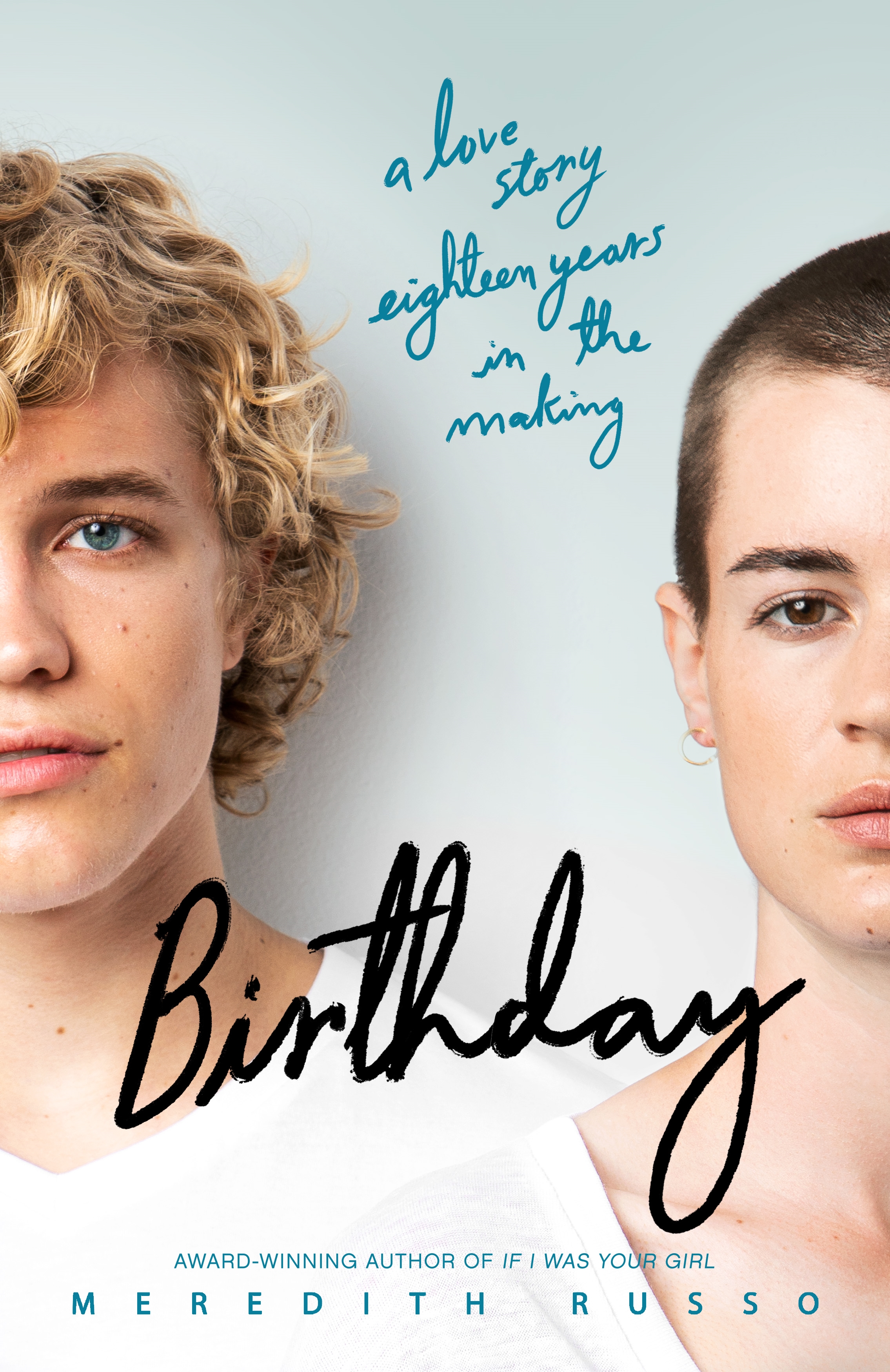 You wrote something else in Birthday that I'm happy to see in print: Morgan's attempt at going all in on hyper-masculinity. I wonder if you went through a hyper-masculine phase, and how you would describe your relationship with masculinity these days.
You wrote something else in Birthday that I'm happy to see in print: Morgan's attempt at going all in on hyper-masculinity. I wonder if you went through a hyper-masculine phase, and how you would describe your relationship with masculinity these days.
M.R.: When I hit my own dysphoria crisis point, I responded sort of like Morgan, by diving into masculinity. I grew a beard, cut my hair, started working out and put together an actual masculine wardrobe. Needless to say, I was miserable and it didn't work.
I would say that I relate to some facets of masculinity better now than I did before. Now that I feel at home in my body I feel safer approaching gender in a utilitarian way: what gendered behaviors will get me what I want? There was definitely a year or two where I was stereotypically gendered, as is the case I think for most nascent binary trans people, but none of that was me--it was to keep me safe and satisfy others, and I'd already let fear amputate too much of my life.
Something that was very interesting to me about Zenobia was the dynamic of our girl deciding to live stealth and how this erected a barrier between her and her out peers. What is your experience with this?
L.B.: I'm too publicly out to ever live in stealth myself, but no doubt it's a life-saving choice for some. I do dream of a world where no one will need to anymore. Zen is in stealth for story craft reasons: I wanted to linger over each phase. If I get to write book two, she'll be outed, and much trouble will follow.
M.R.: Thank you so much for taking the time to talk with me. It's been a delight getting to know you, and I can't wait to evangelize Zenobia July at every opportunity!
L.B.: *over-the-top teen femme voice* Omigod, I mean, right? Girlfriend! It has been So. Much. Fun. talking to you! Seriously, what a pleasure. I hope we can meet in person someday. In the meantime: solidarity forever.
Meredith Russo and Lisa Bunker: Solidarity Forever
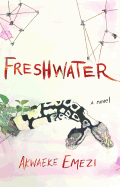 In the decades since, we've seen progress and regress, but what continues to buoy me in the continued fight for acceptance is the monumental explosion of stories. To attempt to distill the diversity of fiction, history, memoir, biography and social science on the subject of queerness may be a fool's errand. But I've always been a little foolish.
In the decades since, we've seen progress and regress, but what continues to buoy me in the continued fight for acceptance is the monumental explosion of stories. To attempt to distill the diversity of fiction, history, memoir, biography and social science on the subject of queerness may be a fool's errand. But I've always been a little foolish.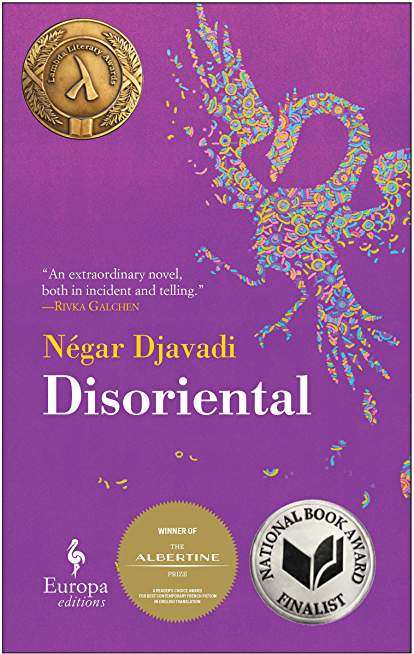 Further reverberations of that explosion on Christopher Street in 1969 can be felt around the world in gorgeous volumes like Dark Tears: LGBTQ Resilience in Latin America ($21) and Out: LGBTQ Poland ($21.95) in an ongoing photo book series from the New Press. In the past year, Iranian novelist Négar Djavadi's Disoriental (Europa, $18) has become highly decorated on an international level, and Akwaeke Emezi's Freshwater (Grove Press, $16), which considers a transgender experience through the lens of Igbo ontology, has become a runaway hit.
Further reverberations of that explosion on Christopher Street in 1969 can be felt around the world in gorgeous volumes like Dark Tears: LGBTQ Resilience in Latin America ($21) and Out: LGBTQ Poland ($21.95) in an ongoing photo book series from the New Press. In the past year, Iranian novelist Négar Djavadi's Disoriental (Europa, $18) has become highly decorated on an international level, and Akwaeke Emezi's Freshwater (Grove Press, $16), which considers a transgender experience through the lens of Igbo ontology, has become a runaway hit. 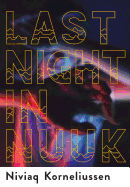 Moreover, earlier this year, Niviaq Korneliussen's Last Night in Nuuk (Grove Press, $16) introduced anglophones to the underground scene in Greenland's capital.
Moreover, earlier this year, Niviaq Korneliussen's Last Night in Nuuk (Grove Press, $16) introduced anglophones to the underground scene in Greenland's capital.




 L.B.: Thank you for getting what I was trying to do with Zen's character. In both of my books, the young protagonists are not only queer, they are also the nerdy introverted outsiders who exist on the fringes of conventional school culture.
L.B.: Thank you for getting what I was trying to do with Zen's character. In both of my books, the young protagonists are not only queer, they are also the nerdy introverted outsiders who exist on the fringes of conventional school culture.  You wrote something else in Birthday that I'm happy to see in print: Morgan's attempt at going all in on hyper-masculinity. I wonder if you went through a hyper-masculine phase, and how you would describe your relationship with masculinity these days.
You wrote something else in Birthday that I'm happy to see in print: Morgan's attempt at going all in on hyper-masculinity. I wonder if you went through a hyper-masculine phase, and how you would describe your relationship with masculinity these days.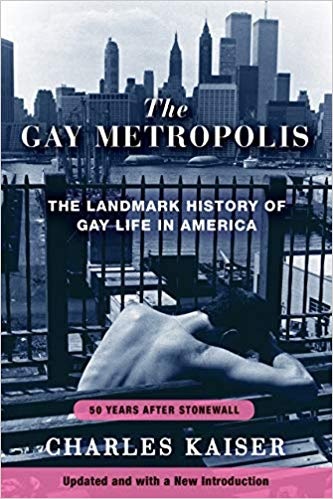 In the early morning of June 28, 1969, New York City police raided the Stonewall Inn in Greenwich Village as part of systematic crackdown on the few establishments catering to openly gay customers. The raid sparked a violent backlash and demonstrations that came to be called the Stonewall riots, which marked the beginning of the gay liberation movement of the 1960s-'80s and the modern fight for LGBT rights in the U.S. Within a year of the riots, gay pride marches took place in New York, Los Angeles and San Francisco.
In the early morning of June 28, 1969, New York City police raided the Stonewall Inn in Greenwich Village as part of systematic crackdown on the few establishments catering to openly gay customers. The raid sparked a violent backlash and demonstrations that came to be called the Stonewall riots, which marked the beginning of the gay liberation movement of the 1960s-'80s and the modern fight for LGBT rights in the U.S. Within a year of the riots, gay pride marches took place in New York, Los Angeles and San Francisco.